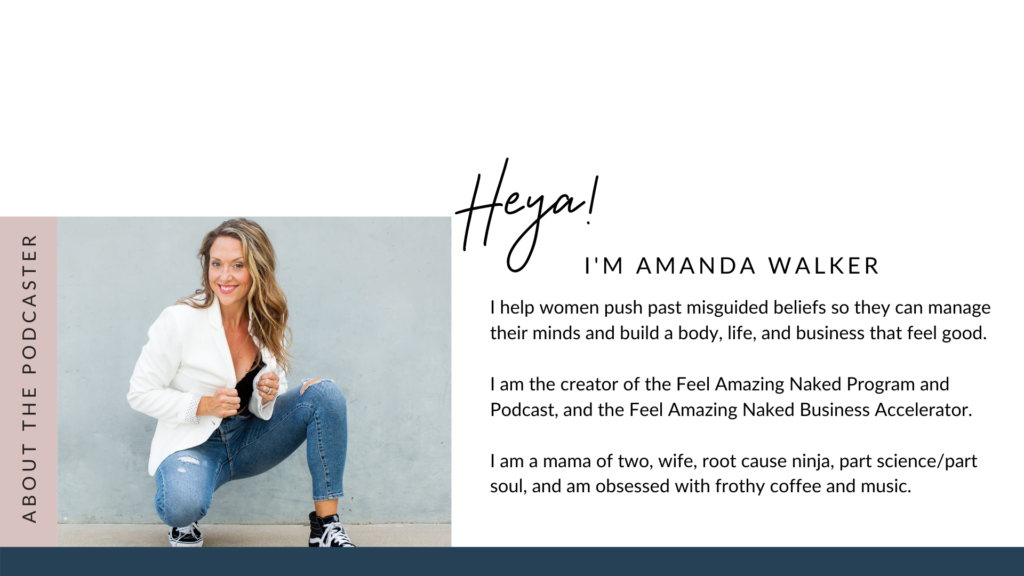We all have relationships that challenge us in some way. You might even think that if those people change, the relationships would improve and you could be happier. In today’s episode, I challenge that thought. What if that person didn’t have to change for you to love them, like them, or manage to be around them?
In this week’s episode, I share 3 tips to learn to love people without them ever having to change.
What if I told you that the people that irritate you to the core don’t have to change for you to get along with them, to love them, or just be in the same room with them?
This is what I am chatting about on this week’s episode of the podcast.
This is the perfect time to address this topic. With the holidays coming up, you might be seeing people you don’t see on a regular basis who might trigger you.
However, I am here to tell you that relationships are thoughts. This episode will drastically change the way you see these relationships.
Even our strongest relationships sometimes challenge us. This doesn’t mean they are a challenging person, just that certain situations are challenging.
As we talk about this, think of a specific person who challenges you that you wish to have a better relationship with. You have to want to change your relationship with them.
Who comes up for you?
Examples of challenging relationships can be:
- Mother-in-laws
- Children
- Husbands
- Co-workers
- Friends
Something to remember as you deal with challenging relationships is to remember that some adults have an emotional childhood, which means:
Grown adults have not matured past childhood with regards to handling emotions. That means they act out or avoid emotions. They might not have been given the toolkit to deal with emotions. If we can remember this, it gives us empathy.
For example, each person comes with a “manual” for their life. We all have our own experiences in childhood, adolescence, and adulthood. My manual looks different than my husband’s since we both had different experiences.
Consequently, these differences are what can cause conflict. As women, we might expect our husbands to know what our manual looks like. And this is where conflict comes in.
Above all, we can start communicating our manuals so we can be on the same page. This can apply to any relationship you have.
As you communicate this, you can start to co-create your manuals together so you can be on the same page.
3 tips you can internalize to help strengthen your relationships:
- Recognize that relationships are thoughts
- Assess your boundaries around this person
- Understand that their manual is different than yours
What have you found to be a specific tool in your toolbox that has helped you in your relationships?
I’d love to hear your thoughts!
Looking to start your day off with time for you? Click here to grab our free guide: A 10 Minute Morning Routine That Actually Works!


